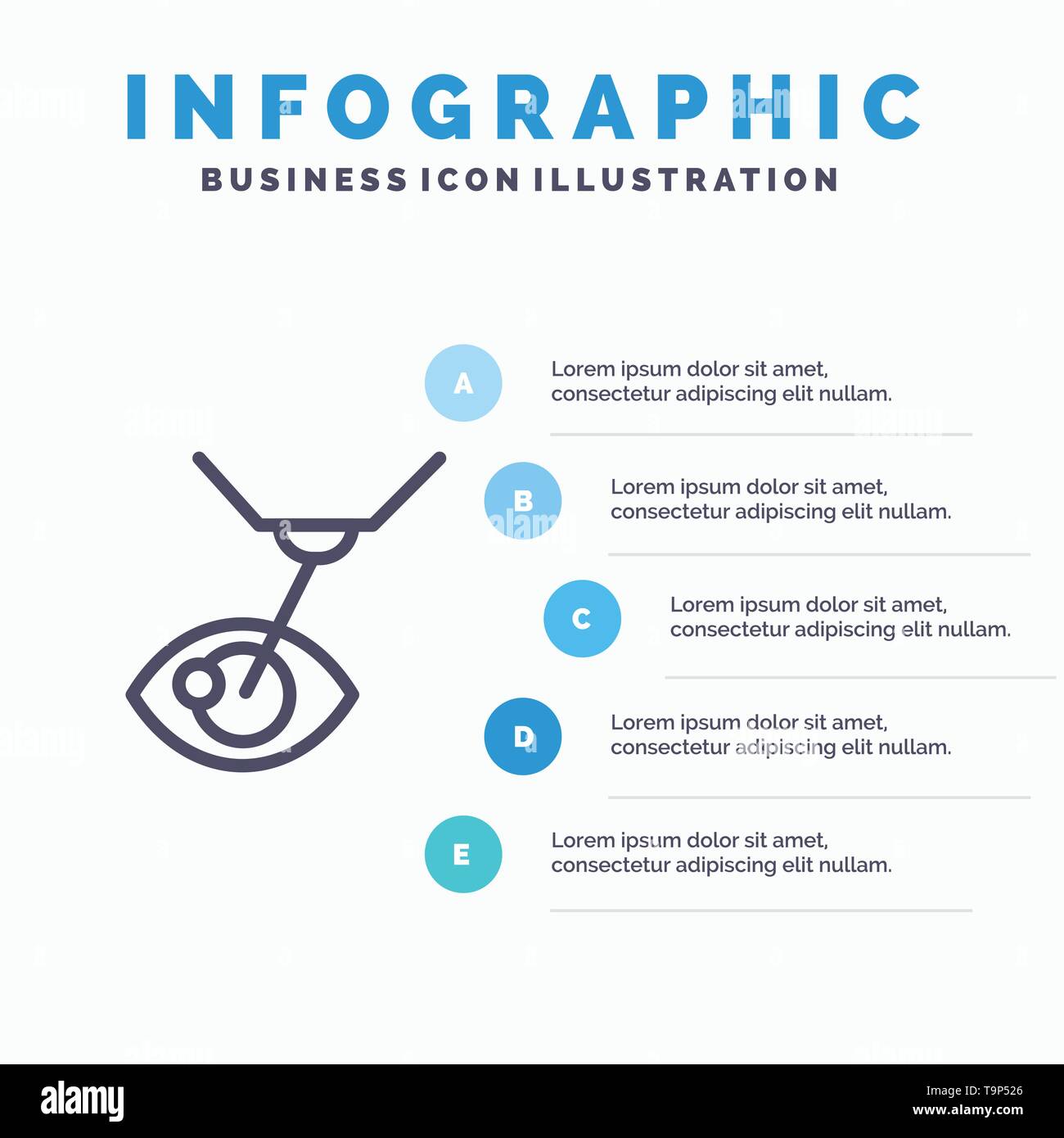Frequently Asked Questions Regarding Lasik Eye Surgery

Content create by-Skriver Clayton
Prior to LASIK, your eye specialist will certainly examine your vision to make certain it is secure. He or she will also inspect to see if you have any other eye problems that can affect your outcomes.
After the ophthalmologist has used numbing eye declines, he or she will certainly produce a paper-thin flap in your cornea cells making use of a device called a microkeratome or laser. https://www.verywellhealth.com/ativan-lorazepam-drug-information-4016973 is painless.
What Is LASIK?
LASIK is a type of refractive surgery. It corrects vision troubles caused by refractive errors, which take place when the cornea or lens don't effectively flex light rays.
Lots of people who have LASIK achieve good range vision without glasses or contacts. Nonetheless, they might require reading glasses to see close up. The results of LASIK are permanent, although visual adverse effects are temporary.
Can I Have LASIK if I Have Astigmatism?
Blurry vision is usually brought on by astigmatism. LASIK can help with this problem by making your cornea much more balanced. The specialist will certainly use a device called a microkeratome or laser to cut a thin flap in your cornea, then fold it back. They will after that utilize a laser to reshape the cornea so it can bend light better.
The only point that LASIK can not do is correct presbyopia (age-related farsightedness). This can just be made with cataract surgical procedure.
Can I Have LASIK if I Have Dry Eye?
A crucial part of the LASIK assessment is checking just how well your eyes generate splits. Some people with dry eye are not able to obtain LASIK due to the fact that it can intensify the condition.
Dry eye is an usual adverse effects of LASIK due to the fact that the treatment severs corneal nerves. Nonetheless, it typically improves as the eye heals. You can utilize synthetic tears and punctal plugs to manage your signs and symptoms.
Can I Have LASIK if I Have a Cataract?
In most cases, yes. LASIK can improve your vision after cataract surgery.
When you have a cataract, your lens is cloudy as well as your close-up vision is blurred. LASIK can assist with this, in addition to your range vision.
Throughout LASIK, your doctor will certainly utilize a laser or a blade to develop a slim flap on your cornea. After that the specialist will fold the flap back as well as make use of a laser to reshape your cornea.
Can I Have LASIK if I Have a Retinal Detachment?
Retinal detachment typically results from a retinal tear. The medical professional will repair the tear with an in-office procedure called pneumatic retinopexy. After the eye is numbed, the physician inserts an expanding gas bubble right into the eye to push the separated retina versus its assistance tissue.
LASIK does not appropriate presbyopia, which creates as you grow older as well as triggers blurry close-up vision. However, it can be incorporated with mono-vision to decrease or get rid of the need for reading glasses.
Can I Have LASIK if I Have a Hyperopia (Farsightedness) or Myopia (Nearsightedness)?
Most medical insurance business don't cover LASIK because it isn't considered medically necessary. Nonetheless, Problems With Monovision may repay people for lens implants if a surgeon belongs to their network.
Prior to you undertake LASIK, your optometrist will perform an extensive eye exam. This will include checking your total eye health and wellness, student dimension and also refractive error. She or he will certainly likewise determine the density of your corneas.
Can I Have LASIK if I Have Presbyopia (Aging Eyes)?
LASIK does not deal with presbyopia (loss of near vision connected with age). Rather, it remedies refractive errors by reshaping the cornea.
After numbing drops and covering the eye with a shield or spot, the cosmetic surgeon develops the flap. Then the laser reshapes the cornea. You might hear a clicking audio as well as scent an uncommon aroma. This is normal and does not trigger harm.
Can I Have LASIK if I Have Keratoconus (Bent Cornea)?
In LASIK, your specialist will certainly make use of a femtosecond laser to cut a thin flap in the cornea. They will certainly then fold it back and also use a various laser to improve your cornea.
Your vision is based on just how light enters your eye, bends with the lens and concentrates on the retina. https://blogfreely.net/carrol09lindsay/funding-options-for-lasik-eye-surgical-procedure-just-how-to-make-it maintain light from concentrating effectively and also create blurred vision.
Can I Have LASIK if I Have Blepharitis (Inflammation of the Eyelids)?
A lot of people pick LASIK since they desire flexibility from glasses or get in touch with lenses. It is very important to review your goals with your eye doctor prior to having the procedure.
LASIK is not uncomfortable. Eye declines are placed to numb your eyes before the surgical treatment. Most clients describe feeling a mild pressure but no discomfort. Healing from LASIK is reasonably quick. Your vision will be a little fuzzy and light sensitive right after surgical treatment however need to boost rapidly.
Can I Have LASIK if I Have a Corneal Thickness Problem?
LASIK remedies vision by improving the corneal tissue. To do this, the cornea has to be thick enough for the doctor to create a flap.
If your corneas are as well slim, you might be a candidate for laser vision improvement treatments that do not need creating a flap, such as PRK or Epi-LASIK. These treatments have comparable outcomes to LASIK but work in a different means.

